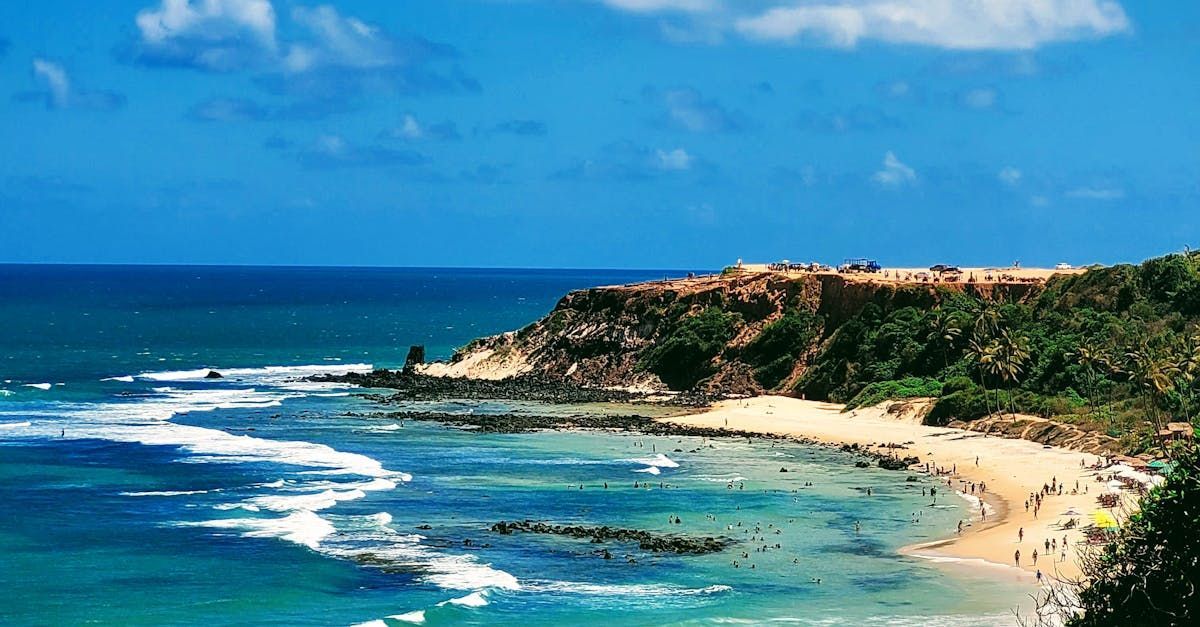Non-Habitual Resident Status (NHR)
Non-Habitual Resident Status - Transitional Regime in 2024.
It will be possible to join the non-habitual resident regime until March 2025.

What is the RNH
The Non-Habitual Resident (NHR) status in Portugal is a tax regime that was introduced in 2009 with the aim of attracting qualified foreign residents, investors and highly qualified professionals to live in Portugal. This status offers significant tax benefits to residents who qualify for the program.
The main feature of NHR is the favorable taxation of income earned outside Portugal. According to this statute, holders of this status are exempt from tax on income generated abroad, provided that this income is subject to taxation in the country of origin and if it is not income from pensions - which are taxed at a rate of 10%.
In addition, in relation to income earned in Portugal, the status offers a reduced flat rate of personal income tax for a period of 10 years. During this period, if the holder of the status was considered to be carrying out a high value-added activity in Portugal, they would be entitled to a special rate of 20% on income from work.
Transitional regime for 2024
The State Budget for 2024 approved a very significant change to the NHR, leaving out many of the potential beneficiaries of this regime, and, because this change was so significant, it provided for a transitional measure that allows citizens who had already started their immigration process before December 31, 2024, to still apply for non-habitual resident status in 2024 and benefit from it for 10 years under the same conditions as indicated above.
The transitional regime maintained the requirement that, in order to obtain NHR status, the applicant must not have been considered a tax resident in Portugal in the five years prior to the application for NHR status.
It also ruled that the NHR continues to apply, under the same conditions as the previous regime, in the following situations:
- People who were already registered as non-habitual residents before January 1, 2024, and as long as the 10-year period of the tax benefit has not expired;
- To the taxpayer who, on January 31, 2023, meets the conditions to be considered a resident for tax purposes in Portuguese territory:
- Staying in Portugal for more than 183 days; or
- Buying or renting a property in Portugal (having an available home in conditions that suggest it will become your habitual residence).
- Taxable persons who become resident for tax purposes by December 31, 2024 and who declare, for the purposes of their registration as a non-habitual resident, that they have one of the following:
a) Promise or contract of employment, promise or secondment agreement signed until December 31, 2023, where the duties are to be carried out in national territory;
b) Lease agreement or other agreement granting the use or possession of real estate in Portuguese territory signed until October 10, 2023;
c) Reservation contract or promissory contract for the acquisition of a right in rem over real estate in Portuguese territory signed before October 10, 2023;
d) Enrollment or registration for dependents, in an educational establishment domiciled in Portuguese territory, completed by October 10, 2023;
e)Residence visa or residence permit valid until December 31, 2023;
f) Procedure, initiated by December 31, 2023, for granting a residence visa or residence permit, with the competent authorities, in accordance with the applicable immigration legislation in force, namely by requesting an appointment or actually making an appointment to submit an application for the granting of a residence visa or residence permit, or by submitting an application for the granting of a residence visa or residence permit;
g) Is a member of the household of the taxable persons referred to in the preceding paragraphs.
End of the RNH
Although the NHR has not ended, its scope has remained quite limited, so those who meet some of the conditions identified above in the Transitional Regime should take steps to be granted the NHR during 2024, thus avoiding being subject to the same tax rules as any resident in Portugal.
Contact us for more details.
Via Portugal - Visas, Nationality, Citizenship, Legalization, Investment and Entrepreneurship













